 Photo by Caroline Mardok
Photo by Caroline Mardok
In 2019, pianist Kris Davis released the debut album from her group Diatom Ribbons, an ambitious, original project that was extraordinary for both its reach and its grasp. It was a propitious year for Davis, who is now in her early 40s. She had just received nonprofit status for her label, Pyroclastic Records, the imprint that had released her music over the previous three years, and was now equipped to showcase other kindred spirits in her orbit. She had also been named to the faculty of the newly created Institute for Jazz and Gender Justice at Berklee College of Music in Boston. And Diatom Ribbons was named album of the year by both the New York Times and NPR Jazz Critics Poll.
A year later, the Jazz Journalist Association would hail Davis as both Pianist and Composer of the Year—the latter especially significant, since she first made her mark in settings that prioritized free improvisation over composition.
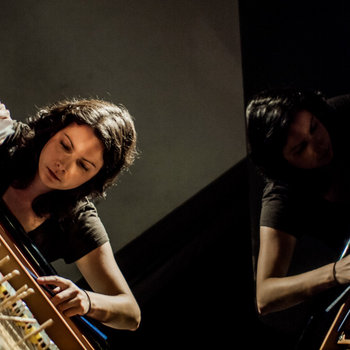
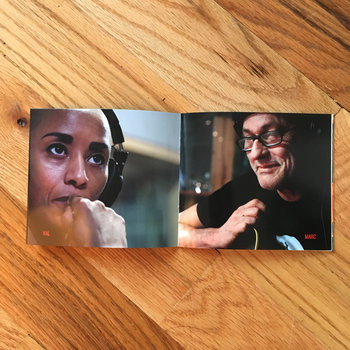
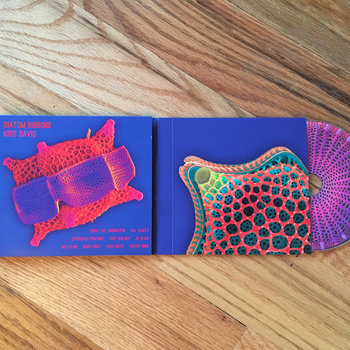
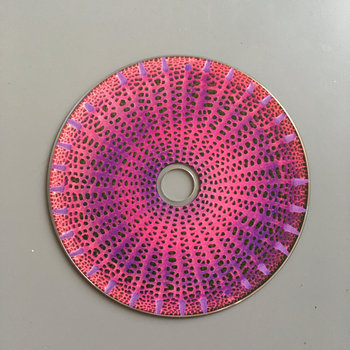
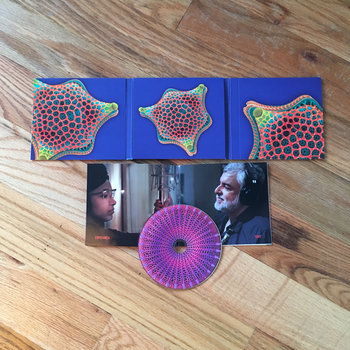



Compact Disc (CD), Sheet Music




In short, Kris Davis is a powerhouse and a polymath who never stopped moving forward. When I saw Diatom Ribbons in concert in March—preceded by an extended set of mostly spontaneous piano duets between Davis and Craig Taborn—the band had evolved into a different, but equally compelling, beast, mixing original compositions with songs by Ronald Shannon Jackson, Geri Allen, and Wayne Shorter, turntablist Val Jeanty again punctuating her and Davis’s electronics with vocal samples of the composer or other relevant audio.
A week after that performance, we caught up with Davis to discuss the ways her many pursuits—label founder, teacher, pianist, and composer—are in fact change agents for greater cultural awareness and an expanding creative community.
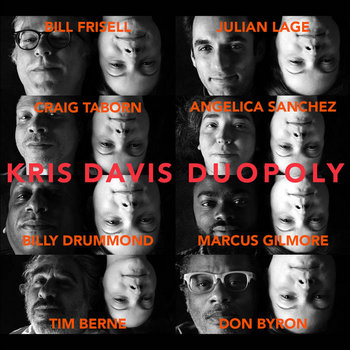
Compact Disc (CD)

When you launched Pyroclastic Records in 2016, you were much less renowned than you are now. Why did you decide to take such a bold move?
In 2016 I put out a record, Duopoly, that was funded by a foundation that supports arts. Since I owned the album outright, it didn’t make sense to shop it to other labels I was working with. So I decided to create a space that would be a platform to carry my music and eventually extend it to other artists I had worked with, or who were a part of the creative music community in Brooklyn.
I reached out to the VLA [Volunteer Lawyers for the Arts] in New York and got some guidance and took some classes on how to set up a nonprofit. I talked to other jazz artists who created labels, people like John Zorn and Dave Douglas. The not-for-profit status came through in 2019 and allowed me to grow the label enough to put out six albums per year.
Sounds like a non-traditional set up. What is the business relationship between you and the Pyroclastic artists?
Because we have not-for-profit status, we have a board and organizations can donate to the label each year for our basic funds and expenses. Beyond that, if we make any kind of profit from the label, it just goes back into supporting the artists and that’s kind of how it operates.
When it comes to what the label releases, for the most part, artists are sending in albums that are fully completed. We do a couple every year where we give artists some funds to record and make an album. But in general, we are getting such great projects that are already recorded that we are going that route.
In terms of what we provide for the artists, usually we’ll do the mastering if needed, plus the printing and then the PR—which is a really the strong benefit of the label; they get to work with a great publicist for a couple of months when the album comes out.
Now that there are so many artists, it is becoming a bigger umbrella for certain kinds of musical and cultural adventures—creative music that is noncommercial. It’s starting to create a following.
Along with Pyroclastic and your own flourishing musical career, you’re also teaching at the Institute for Jazz and Gender Justice at Berklee. That came about because of a friendship with drummer Terri Lynne Carrington that began as an email exchange over your mutual admiration, right?
Yeah, it was shortly after Geri Allen passed away in 2017. Terri organized quite a few tribute concerts for Geri and thought that I would be a good person to play. At the same time, she was starting the Institute at Berklee and asked if I would be interested in joining. I accepted the position in 2018 and then I commuted up to Boston [from New York] for seven months and then the pandemic happened. I taught online from my house for a year and a half, then I moved up to Boston last summer to essentially be more connected to the community up here.

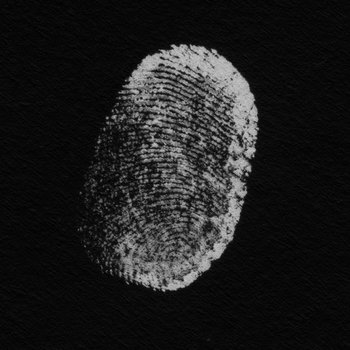
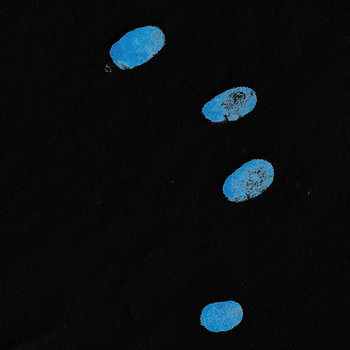
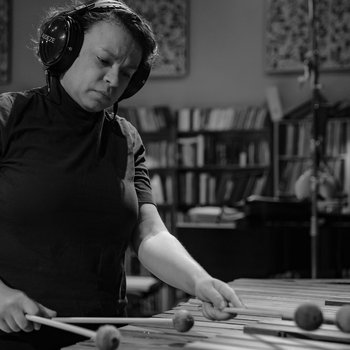

Compact Disc (CD)



I saw that one of your duties, in fact maybe your primary duty, is devising programs that seek to address or surround or offer perspective on gender issues in music. How has that evolved?
We are institution-building as we go, so we haven’t found the answers yet, just the will and the desire to send along a message. We have had quite a few guest artists come to speak about their experiences both in and out of the music world. [Pianist] Fred Hersch came and spoke about being gay and living with AIDS, and his activism; Angela Davis came and spoke; [photographer] Carrie Mae Weems came. Then it becomes conversational, as the students ask questions around gender, in terms of how they navigated certain things in their own careers.
Also, most of the way the Institute runs is that we teach in ensembles. And so Terri and I set up the ensembles so that is no more than 50% of any [gender or binary designation] in the ensemble. It creates this artificial experience of the diverse bands, which isn’t always going to be the case when performing outside the Institute, but we wanted to give the students an opportunity to experience what that felt like, and they all notice a difference.
What is that difference?
There are a couple of ways to answer that. When I was studying more traditional forms of jazz, there were guardrails about what jazz is or isn’t. And if you didn’t adhere to those rules, you couldn’t be part of the club, so to speak. Like playing “Cherokee” at 260 beats per minute, or going to a jam session that becomes a cutting session and being told you are not good enough and to get off the stage. When I was coming up, I tried to adhere to those things, but a lot of it didn’t resonate with me.
And so when I moved into more free improvisation, with no composition, I found there was a lot more diversity in that world, especially in gender. I found that in working with women there was more of a desire to collaborate, versus following a form created by a leader and having their vision being what was primarily being represented. And there were men who wanted less tradition and more collaboration in their music too. I think it is all beginning to trickle together in a good way, so that people can ultimately be their authentic selves; be creators and collaborators and not have to change their goals.
I love that you speak of diversity in terms of approach and style and how that gets mixed in with race and gender. That holistic approach and organic diversity is inescapable in the music of Diatom Ribbons—both in the record you made, and when I saw the group in concert back in March. Intentionally or unintentionally, the music seems to be a real embodiment of that diverse blend of style, lifestyle, and cultural awareness.
Yeah, I think that’s true, although I don’t think it is something I set out to do. I have always liked people with different experiences from me so that we all have something different to bring to the table. And certainly at Berklee our students are coming from all over the world, and they are playing an oud, or a gayageum—which is an instrument from Korea—and other instruments that are traditional to them, but not to us. And they are frequently using different tones—not the 12-tone system that is in Western music. But people also want to be involved in improvisation. And if we want music to continue to grow and evolve, we have to be inclusive about these other ways of thinking about music.




Compact Disc (CD)


That curiosity is in your music. In concert, I was tickled to watch you play a grand piano in front of you, as well as a much smaller piano on your left and an EFX box on top of the smaller piano, and then to hear the music enveloping and folding into itself like an origami-type situation. It makes me wonder: If you had been able to “join the club” when you were coming up, that music might have come, but maybe not to the flowering it is now.
In some ways, I do feel like it has come full circle, because now I’m engaging in more traditional forms again, like playing tunes with changes and over more set forms. But I’m coming at it from a different mentality, having gone through the process of free improvisation and non-traditional ways of thinking about it.
I want to make the music and explore. The whole thing about jazz is that it is the only music where the audience is really meant to be part of the process of making it and discovering what is possible as it happens. When I hook up those different keyboards, I am experimenting, the band is experimenting, and the audience is watching the experiment unfold. That is unlike pop music or classical music, which are very polished and planned. It is a really unique experience that I want to pass on to the audience and to my students.
It also feels like that type of collaboration and exploration is where all the different aspects of your life converge—the record label founder for unorthodox creative music, the non-traditional teacher looking through the lens of jazz and gender, and, at the root, the curious, improvising musician. I read a quote from you that said, “Risk-taking is a comfortable space for me.” You are engaged in different ways to expand yourself and bring in other experiences that are a part of diversity when you see the chance. And it seems like you are maximizing those opportunities right now.
Yeah, exactly. If the music starts to feel too comfortable, that’s when I start to feel uncomfortable. Like we played a show a week after you saw us and we had to mix it up and instigate some changes; we had to relate to the tunes we were playing in a different way and not have the tunes dictate how we should be playing.








